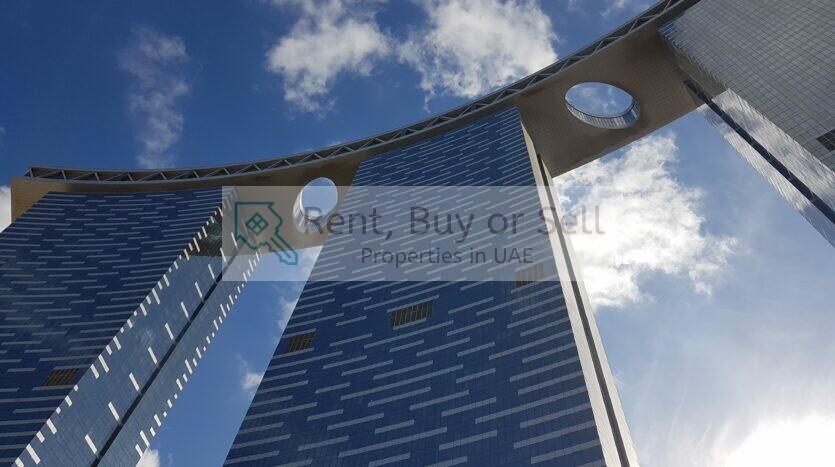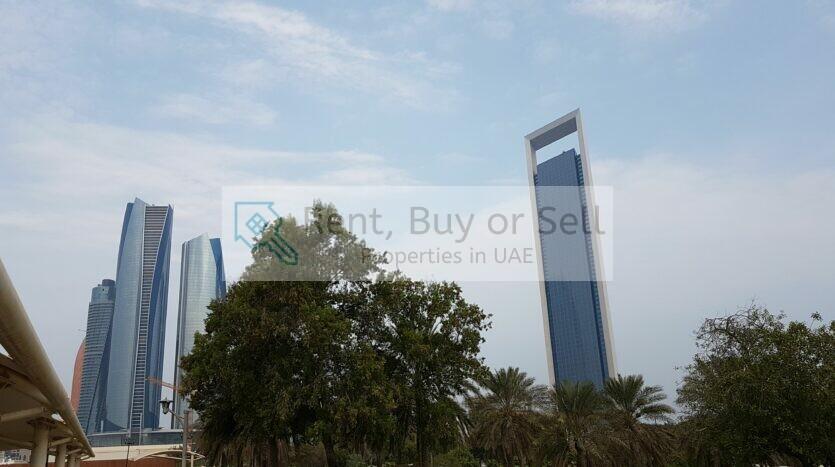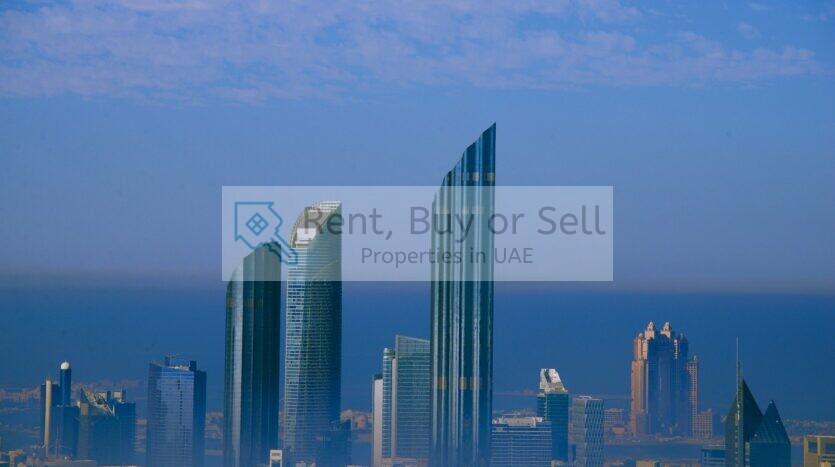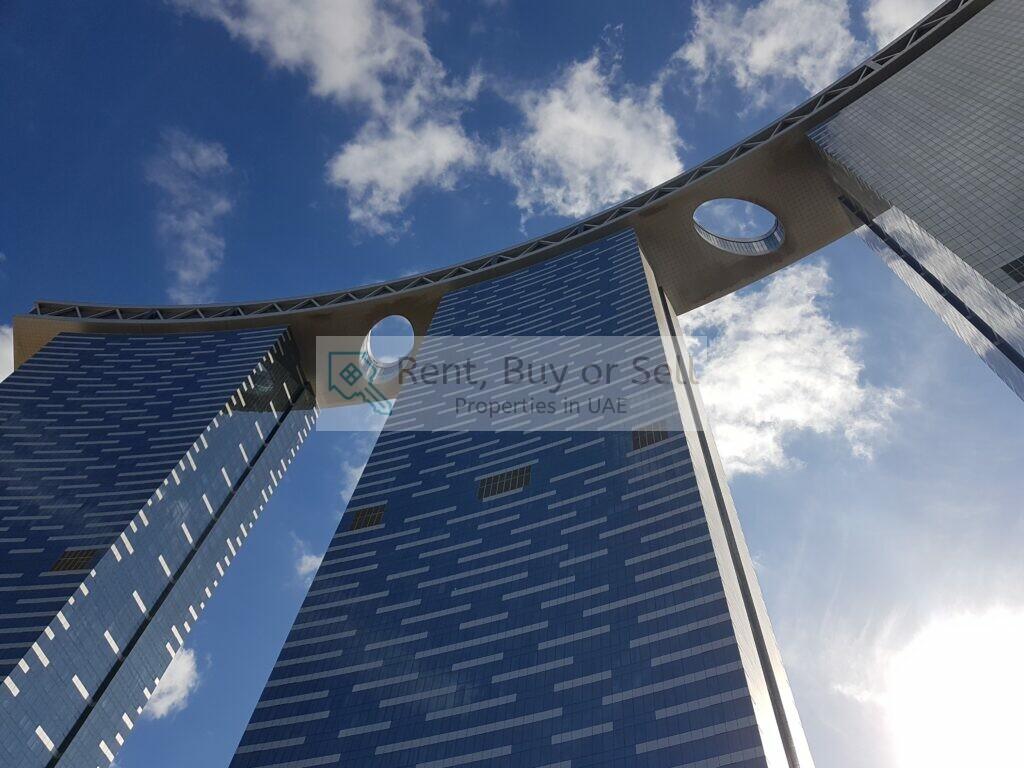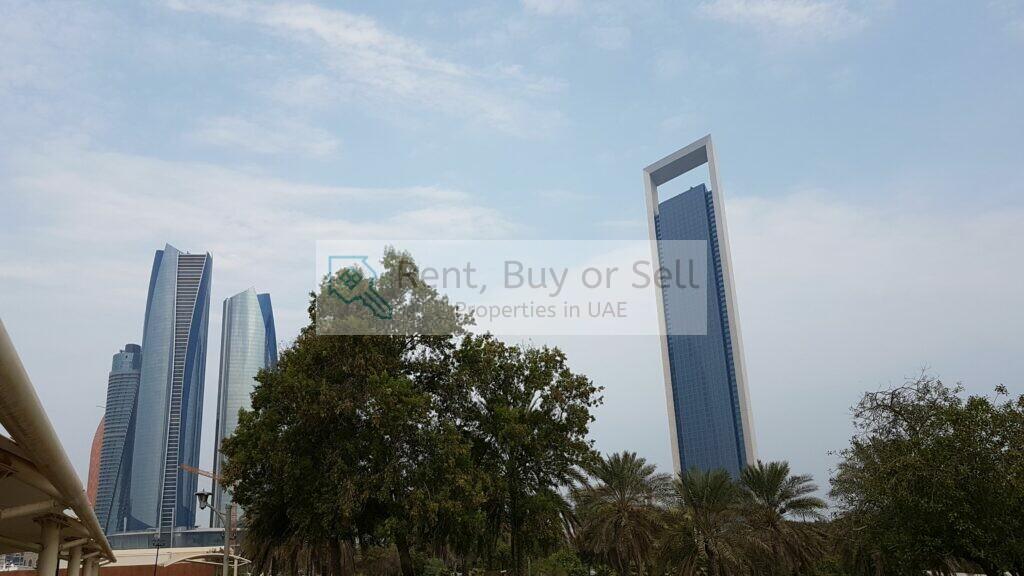The Real Estate Market in Abu Dhabi – UAE
Abu Dhabi is the capital city of the United Arab Emirates (UAE) and is known for its thriving real estate sector.
Here are some key points to consider:
- Market Overview: The real estate market in Abu Dhabi has experienced significant growth and development over the past years. It offers a wide range of residential and commercial properties, including apartments, villas, townhouses, and office spaces.
- Property Types: Abu Dhabi’s real estate market caters to different buyer preferences and budgets. You can find properties in various locations, such as upscale developments on the island of Abu Dhabi, as well as in the mainland areas like Al Reem Island, Saadiyat Island, and Yas Island.
- Regulations: The real estate market in Abu Dhabi is regulated by various authorities, including the Abu Dhabi Department of Municipalities and Transport (DMT). These authorities establish guidelines and regulations to maintain transparency and protect the rights of buyers, sellers, and investors.
- Property Ownership: Foreign individuals and companies can own freehold properties in designated investment zones such as Al Reem Island, Yas Island, and Saadiyat Island. In other areas, ownership is typically leasehold or long-term leasehold.
- Property Prices: Property prices in Abu Dhabi vary depending on factors such as location, property type, size, amenities, and market conditions. Luxury properties in prime locations generally command higher prices, while properties in emerging areas or those undergoing development may offer more affordable options.
- Rental Market: Abu Dhabi has a significant rental market, with a wide range of properties available for rent. Rental prices are influenced by factors like location, property type, size, and amenities. Rental agreements typically require a security deposit and may involve a one-year lease term.
- Infrastructure and Amenities: Abu Dhabi boasts excellent infrastructure, including modern transportation networks, schools, healthcare facilities, shopping malls, entertainment venues, and leisure attractions. The city is also known for its cultural landmarks and tourism destinations.
- Economic Factors: Abu Dhabi’s real estate market can be influenced by various economic factors, including government policies, oil prices, economic growth, and investor sentiment. It’s essential to consider these factors when assessing the market’s stability and potential for growth.
To obtain the most current and accurate information about the real estate market in Abu Dhabi, it is recommended to consult local real estate agencies, property developers, and relevant government authorities. They can provide you with up-to-date data, market trends, and specific details about properties that match your requirements.

